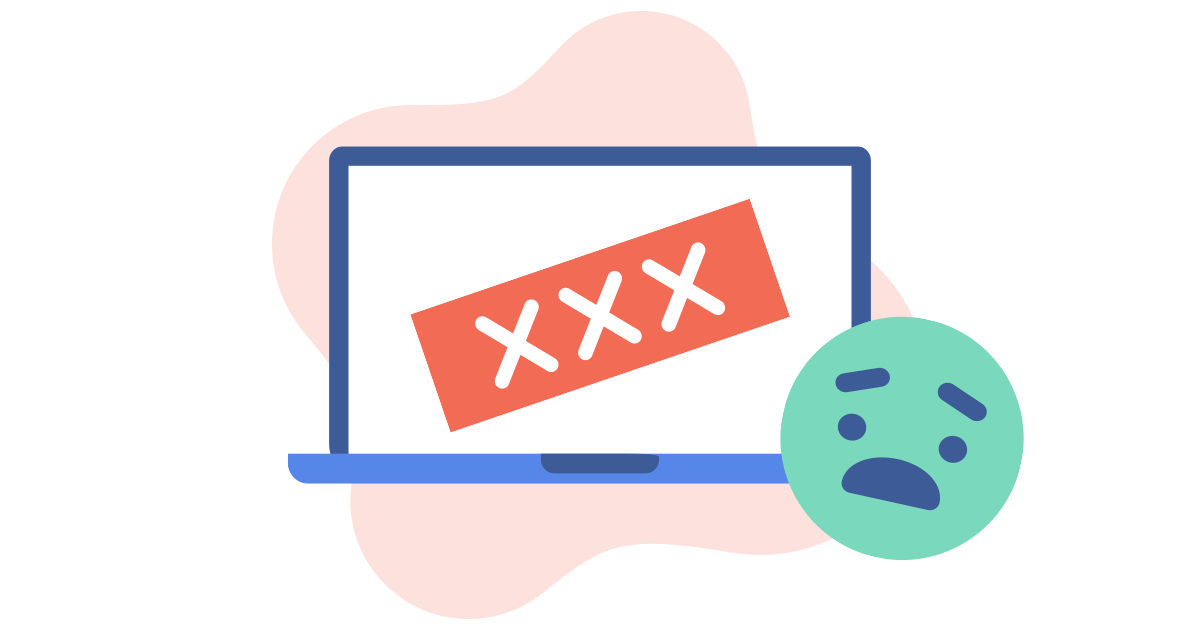What the law says
Advice for Parents & Carers
If your child is exposed to any online issues, it can help to know what the law says to ensure you take appropriate action to support your child.

Cyberbullying
There is no legal definition of cyberbullying in law but there is a range of laws that cover this issue.
It can be considered a criminal offence under the (Harassment Act 1997) if cyberbullying causes a victim ‘alarm or distress’. I t can also be considered ‘grossly offensive’ under the Malicious Communications Act 1988 and the Communications Act 2003.

Sexting is illegal for under 18s
When children engage in sexting they’re creating an indecent image of a person under the age of 18 which, even if they take it themselves, is against the law (Protection of Children Act 1978). Distributing an indecent image of a child – e.g. sending it via text – is also illegal. It’s very unlikely that a child would be prosecuted for a first offence, but the police might want to investigate.

Online pornography
Types of pornography that are illegal – even for an adult to have include acts that threaten a person’s life. These could be acts that could result in serious injury, degrading pornography, violent pornography (i.e. rape and abuse) and anything that involves those under the age of 18.

Hate speech
Hate crime committed whether online or offline is illegal, however, not all offensive content is illegal in the UK. According to the Equality Act 2010 – If it incites hatred based on race, religion and sexual orientation then this can be considered as a crime. For content that does not meet the threshold of a hate crime, the police are required to record it as a hate incident. Laws in the UK aim to protect the freedom of speech so it can be a delicate balance to police online.

